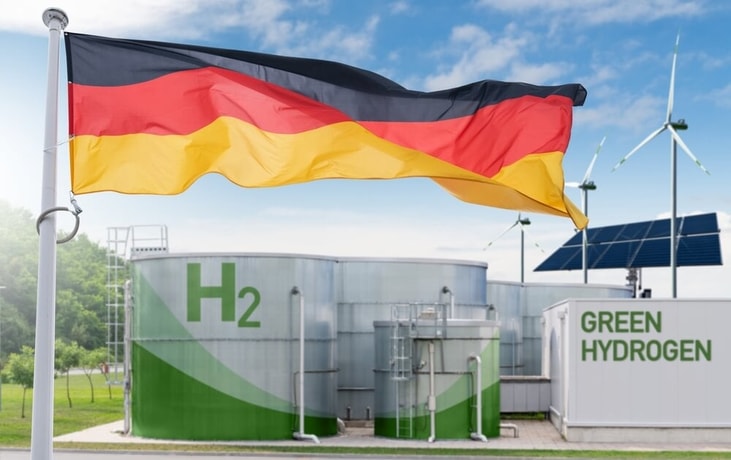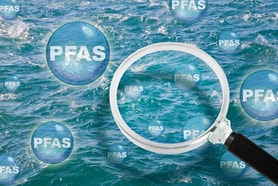‘PoWer’ consortium explores hydrogen for construction and agriculture
Efforts to decarbonise heavy-duty and off-road machinery have gained momentum as Purem by Eberspaecher collaborates with leading manufacturers and institutions in Germany on the “PoWer” project. The initiative, backed by the Federal Ministry for Economic Affairs and Climate Protection, aims to explore hydrogen engines for construction and agricultural applications.
Praised for efficiency and low rates of untreated emissions, hydrogen engines are seen as well-suited for non-road mobile machinery. “We see the use of hydrogen engines as a great opportunity for clean mobility in heavy-duty applications – for example, in the off-road sector,” said Avinash Mutharja, Executive Vice President Technology & Innovation at Purem by Eberspaecher.
“Not only do we have decades of experience in exhaust technology, but we have also been carrying out pioneering research work in the field of hydrogen for several years.”
The consortium comprises major industry players and academic institutions, including MAHLE, DEUTZ, Claas, Liebherr, Nagel, Umicore, Castrol, NGK, the Karlsruhe Institute of Technology (KIT), the German Aerospace Center (DLR), and the Technical University of Braunschweig. Together, they plan to undertake vehicle concept studies and systemic fleet and infrastructure evaluations to advance the potential of hydrogen engines in off-road applications.
... to continue reading you must be subscribed
























